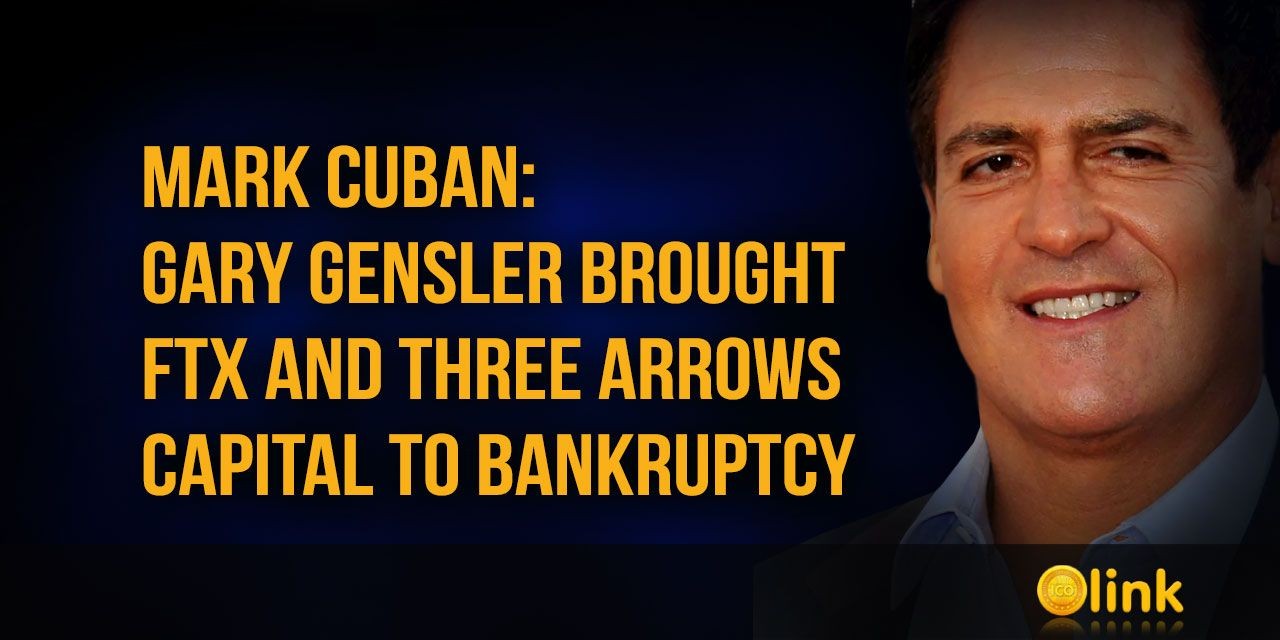Mark Cuban: Gary Gensler Brought FTX and Three Arrows Capital to Bankruptcy
Regulatory Challenges in the Cryptocurrency Sphere: A Closer Look at U.S. Policies and Their Impact on the Industry
Introduction to Crypto Regulatory Dynamics
In a recent discussion on the All In podcast, Mark Cuban, the billionaire owner of the Dallas Mavericks, voiced concerns over the stringent regulatory environment for cryptocurrencies in the United States. He highlighted the complexities and high costs associated with launching new crypto tokens through his venture, lazy.com, illustrating the prohibitive barriers to entry for firms in the sector.
The Costly Barrier of Compliance
Cuban's narrative sheds light on the overwhelming financial burdens that smaller crypto companies face under current U.S. regulations. The necessity for extensive compliance measures places a significant strain on firms with limited financial resources, making it challenging for them to sustain operations within the regulatory framework established by the U.S. Securities and Exchange Commission (SEC).
Comparing U.S. and Japanese Regulatory Approaches
The entrepreneur also drew comparisons between U.S. regulations and those of Japan, suggesting that a model similar to Japan's could have potentially prevented major industry setbacks. He argued that if the SEC had adopted regulatory measures akin to those in Japan, prominent entities like the FTX crypto exchange and crypto lenders such as Three Arrows Capital might have avoided collapse.
Criticism of the SEC's Regulatory Tactics
Cuban criticized the SEC's approach of "regulating through litigation," which he believes only adds to the existing confusion and hampers innovation within the industry. This method, according to Cuban, discourages crypto companies from continuing their operations in the U.S., pushing them towards jurisdictions with more accommodating regulatory environments.
A Potential Alternative Framework
Discussing potential regulatory frameworks, Cuban mentioned that under Japanese regulation, a company like FTX could operate if it maintained stringent collateral requirements, such as holding 95% of assets in cold storage. Such a system could allow companies to continue operations, ensuring greater stability in the industry, despite individual missteps by company leaders.
The Entertainment Value of Meme Tokens
In addition to his criticisms, Cuban also commented on the nature of memecoins, labeling them as sophisticated liquidity-extraction schemes while also acknowledging their value as sources of entertainment within the digital economy.
Conclusion
Through his critique, Mark Cuban emphasizes the need for a more balanced and clear regulatory framework that supports innovation and growth within the cryptocurrency industry. His insights suggest that adapting certain international regulatory practices could foster a more thriving and stable crypto ecosystem in the United States.






